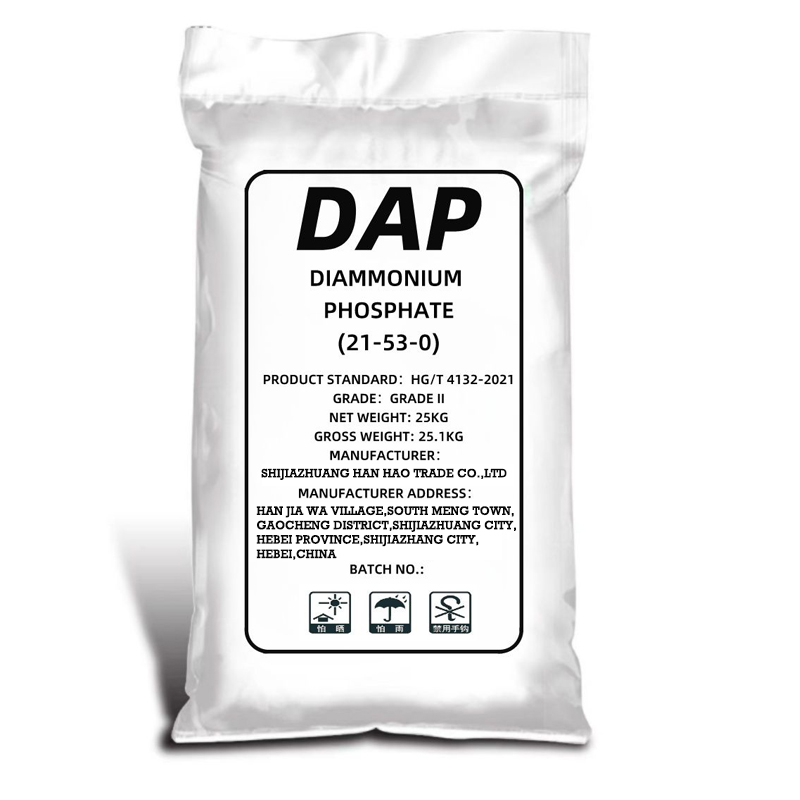
Sep . 07, 2024 06:19 Back to list
Granular Triple Superphosphate - High-Quality Phosphate Fertilizer
Granular Triple Superphosphate An Essential Fertilizer for Modern Agriculture
Granular triple superphosphate (TSP) is a widely used phosphate fertilizer that plays a critical role in modern agriculture. As the name suggests, TSP is a highly concentrated form of phosphate that contains approximately 46% phosphorus pentoxide (P2O5), making it one of the most effective sources of phosphorus available to farmers. This article will explore the significance of granular TSP, its application in agriculture, and its benefits for crop production.
Granular Triple Superphosphate An Essential Fertilizer for Modern Agriculture
One of the key advantages of granular TSP is its high solubility, which allows for rapid absorption by plants. When applied to the soil, TSP quickly dissolves, making phosphorus readily available to crops. This rapid availability is particularly beneficial during critical growth phases, such as early root formation and flowering stages. By supplying crops with the necessary phosphorus, granular TSP not only supports robust growth but also enhances overall crop productivity.
granular triple superphosphate

Granular TSP is typically applied before planting or as a side-dressing during the growing season. Farmers can incorporate it into the soil or apply it in a band to ensure that the nutrients are positioned close to the root zones where they are most needed. This method of application minimizes nutrient runoff and maximizes nutrient efficiency, leading to better crop responses and reduced environmental impact.
Moreover, the use of granular TSP has been shown to improve soil health over time. Phosphorus contributes to the formation of humic substances in the soil, which enhances soil structure, aeration, and moisture retention. Healthy soil is foundational for sustainable agriculture, as it supports a diverse microbial ecosystem that contributes to nutrient cycling and plant health.
However, it is important to consider the environmental implications of phosphate fertilizers, including the potential for runoff into water bodies, which can lead to eutrophication. Responsible fertilizer management practices, including soil testing and appropriate application rates, are essential to mitigate these risks. By following best practices, farmers can effectively harness the benefits of granular TSP while minimizing its environmental footprint.
In conclusion, granular triple superphosphate is a crucial tool for farmers aiming to optimize crop production and soil health. Its high phosphorus content, rapid availability, and positive impact on soil structure make it an invaluable resource in modern agriculture. As the global demand for food continues to rise, the responsible use of fertilizers like granular TSP will play a significant role in ensuring sustainable agricultural practices and food security for future generations. Through careful management and informed application, farmers can maximize the advantages of this vital nutrient source while protecting the environment.
-
10 10 10 Fertilizer Organic—Balanced NPK for All Plants
NewsJul.30,2025
-
Premium 10 10 10 Fertilizer Organic for Balanced Plant Growth
NewsJul.29,2025
-
Premium 10 10 10 Fertilizer Organic for Balanced Plant Growth
NewsJul.29,2025
-
Premium 10 10 10 Fertilizer Organic for Balanced Plant Growth
NewsJul.29,2025
-
50 Pound Bags of 13-13-13 Fertilizer for All Plants – Bulk & Organic Options
NewsJul.28,2025
-
High-Efficiency 15-30-15 Granular Fertilizer for Healthy Crops
NewsJul.28,2025
